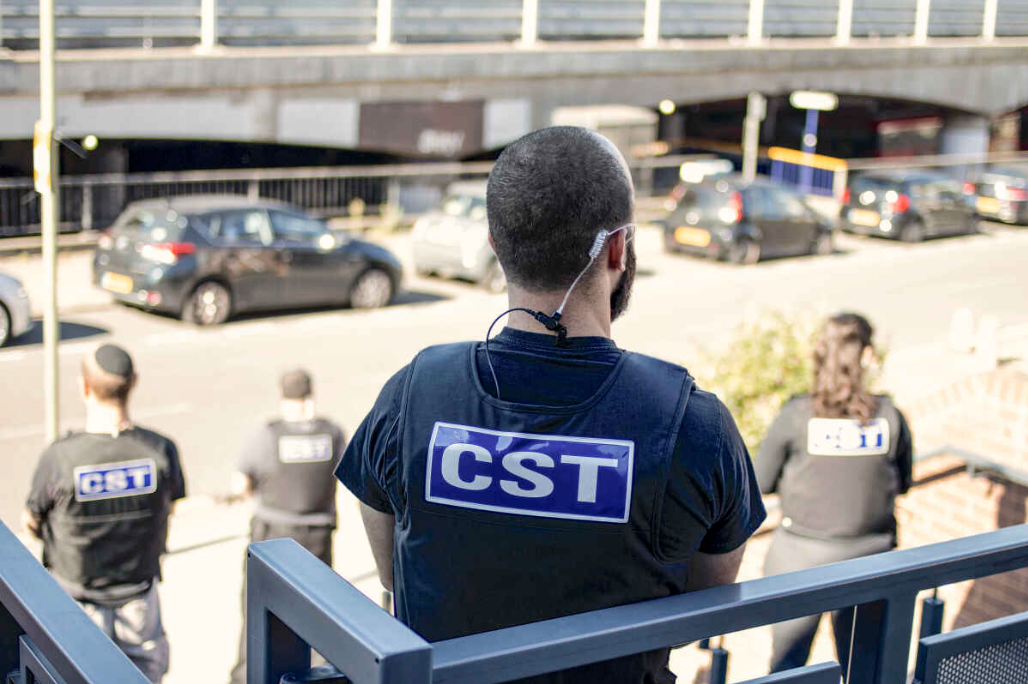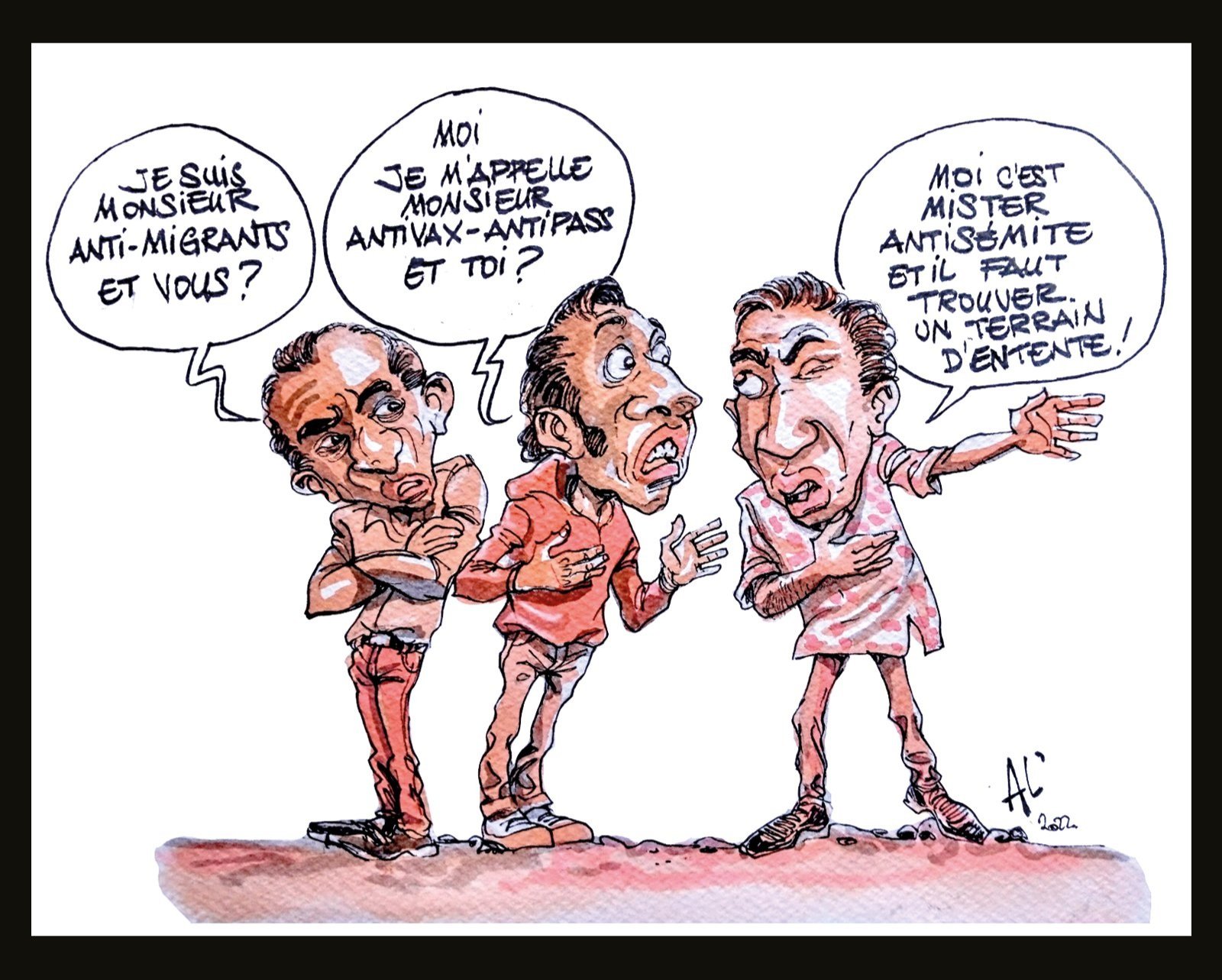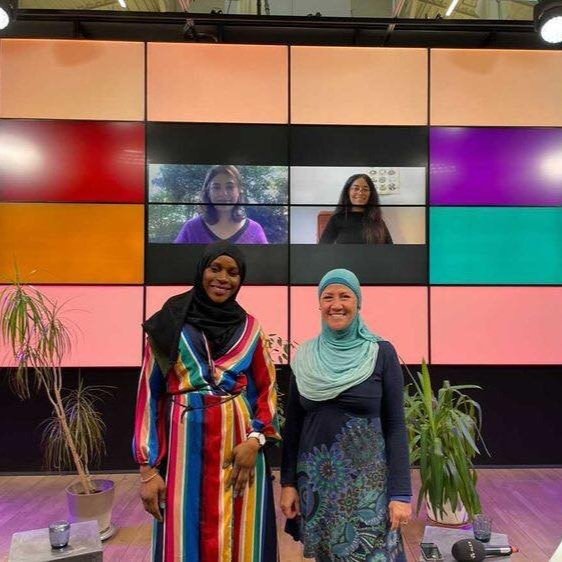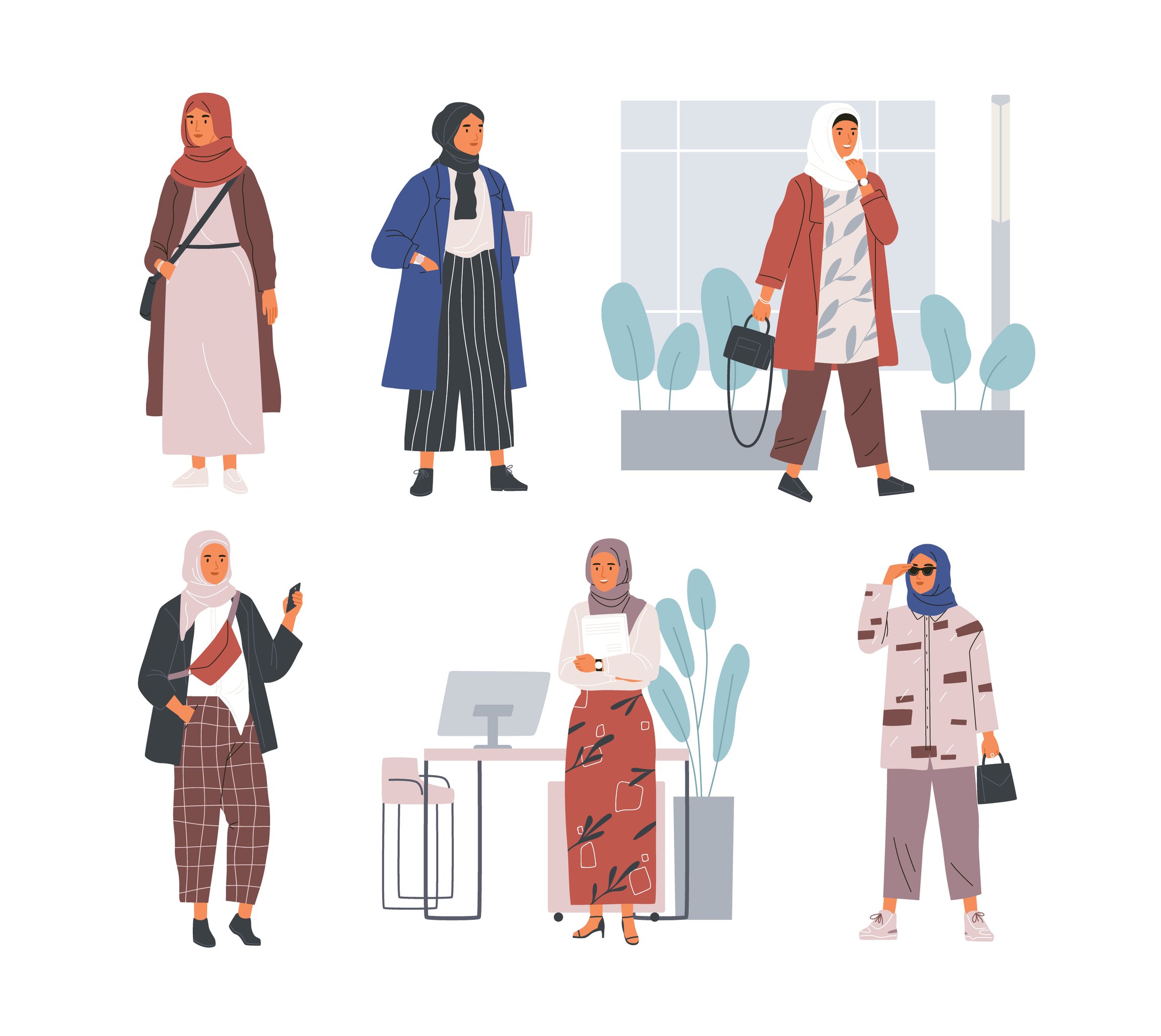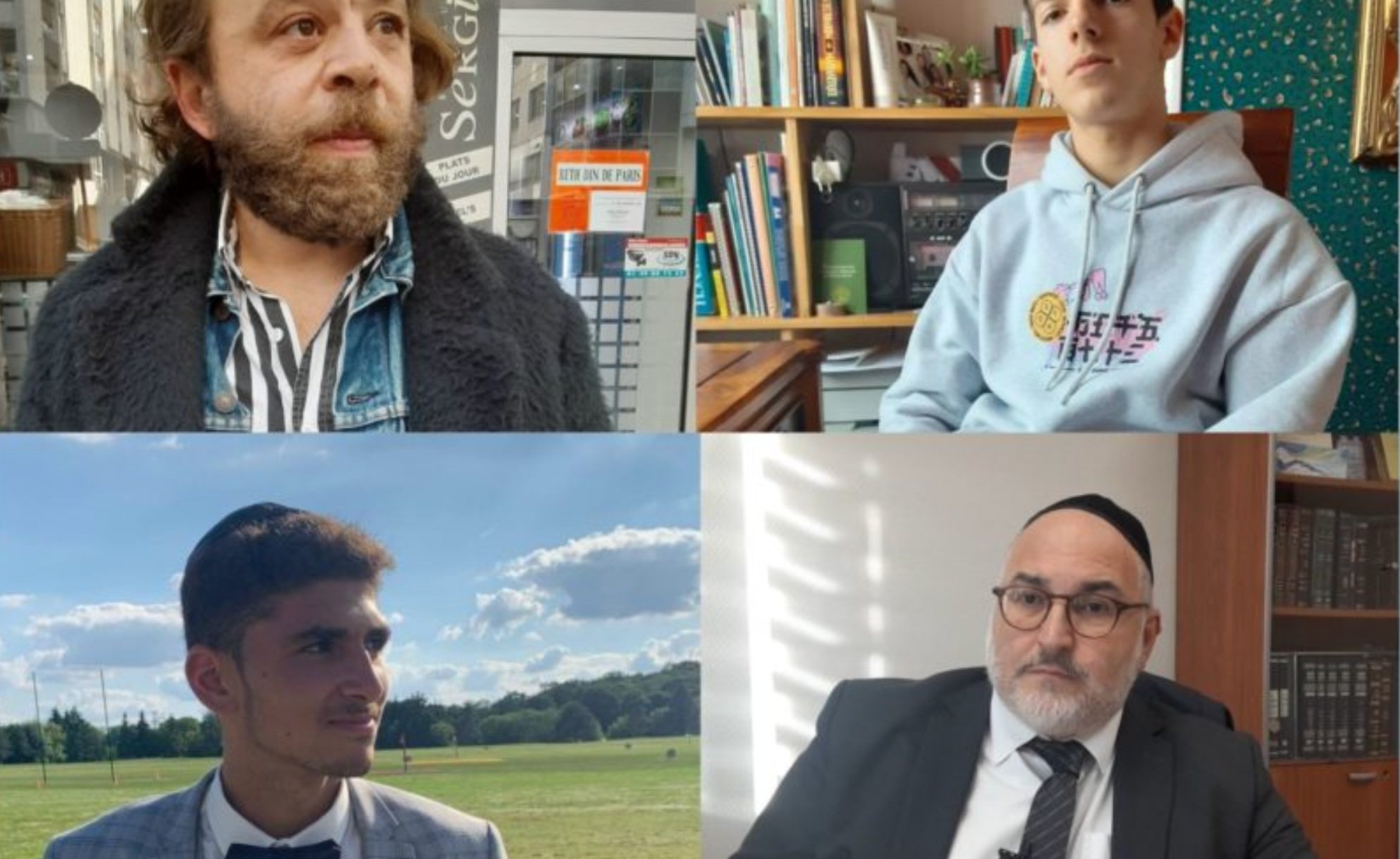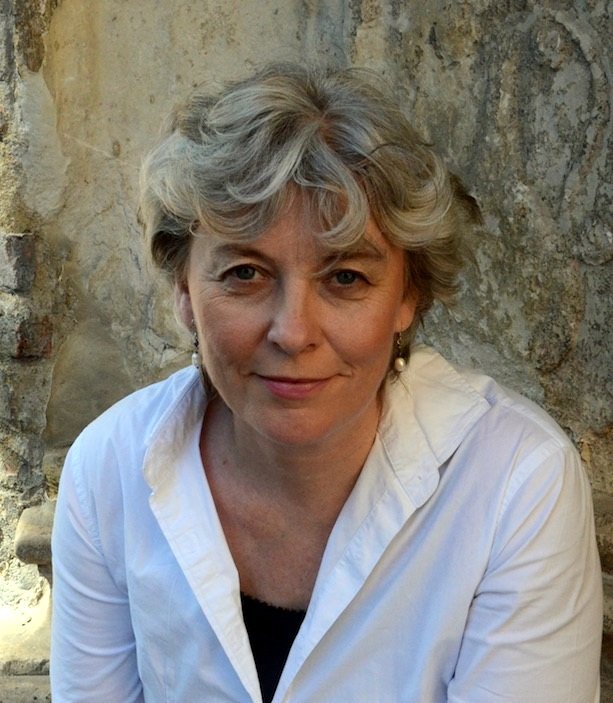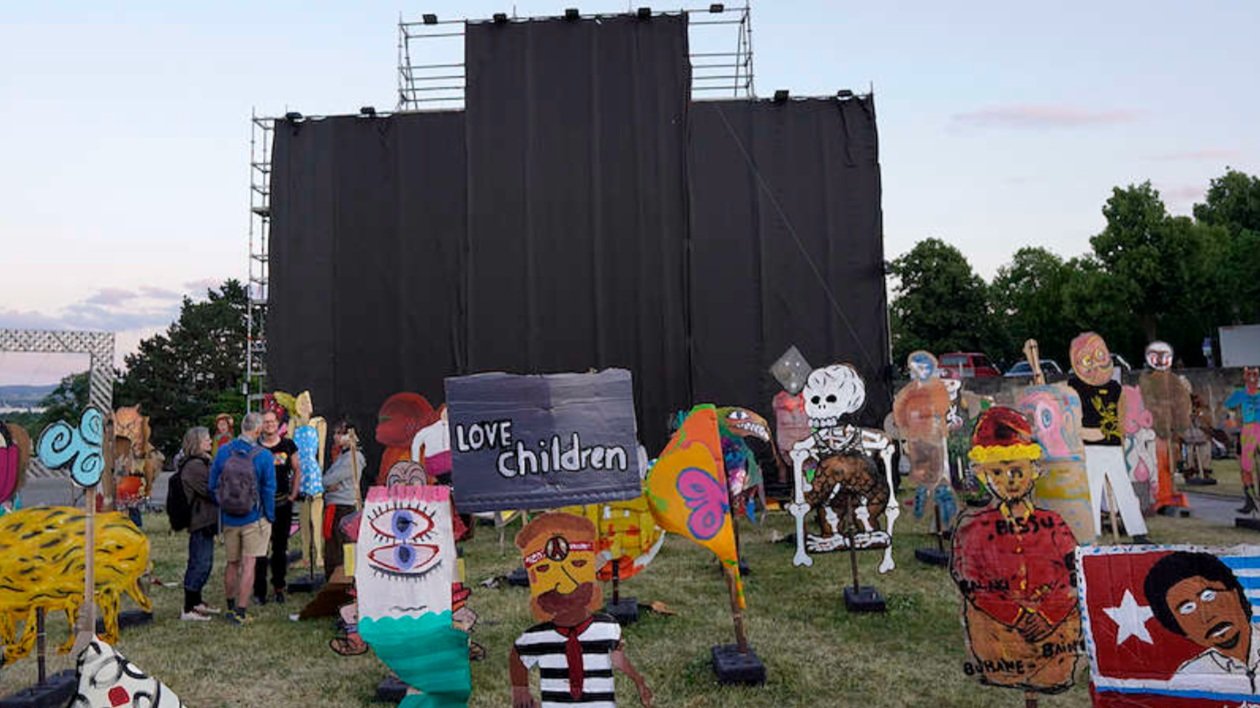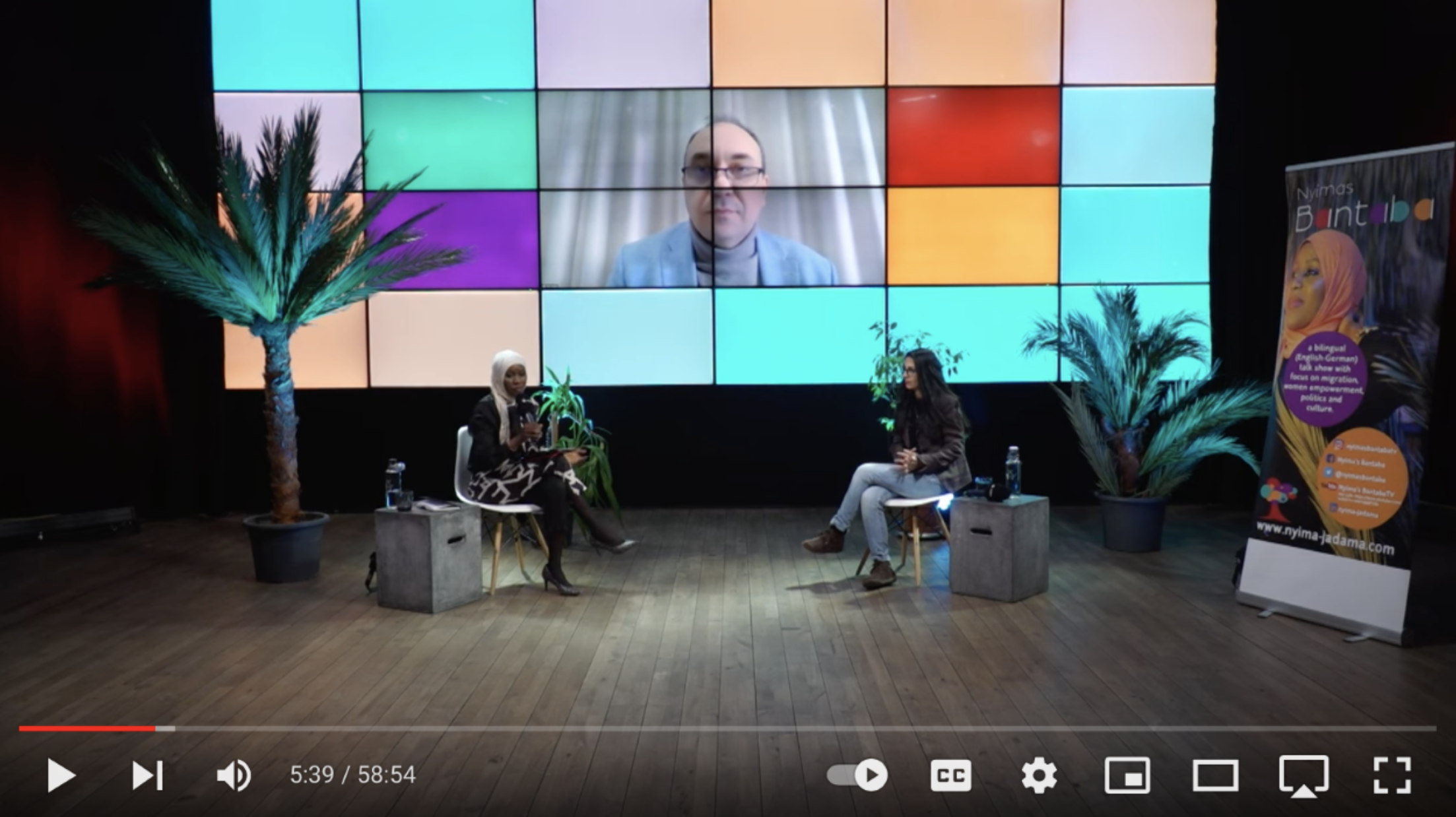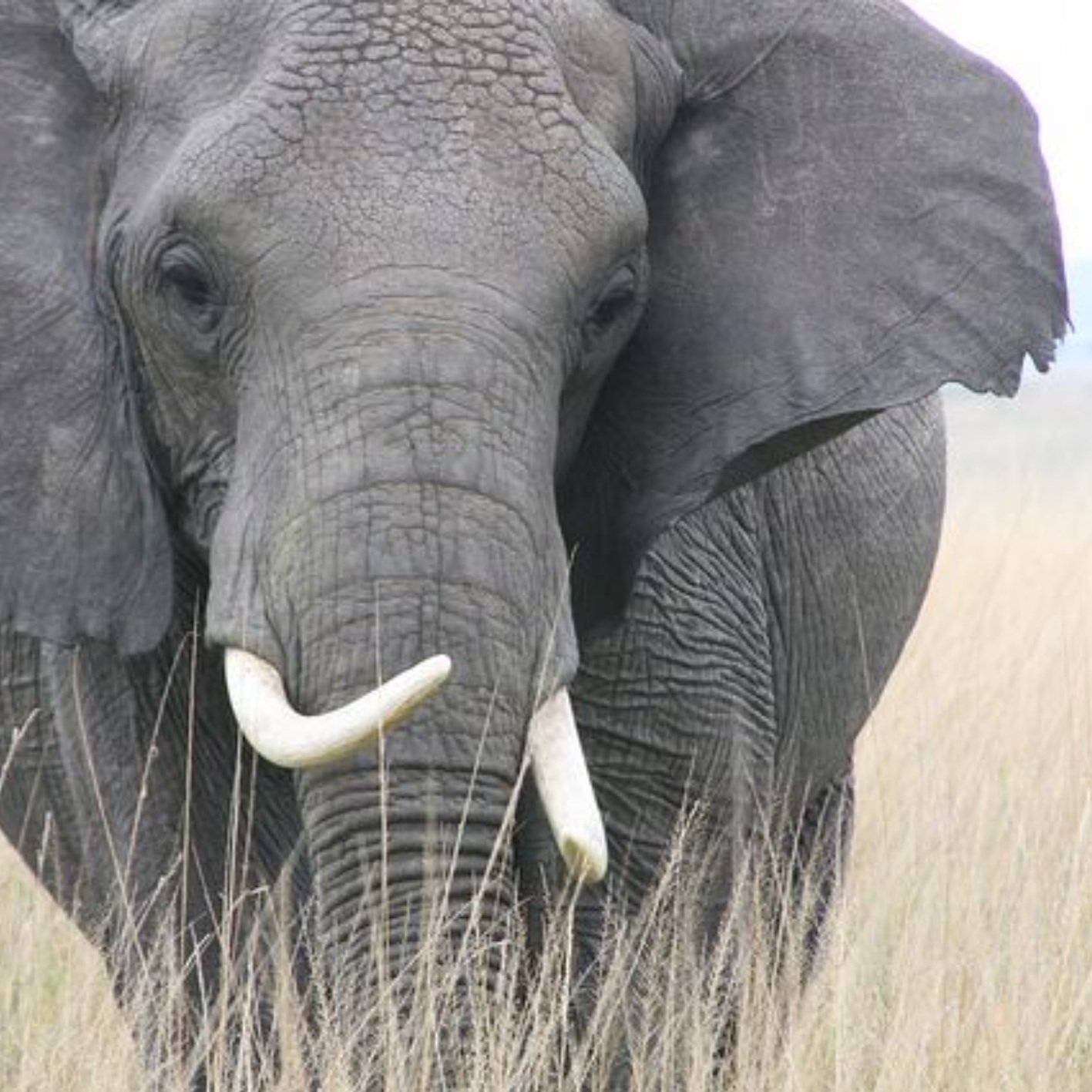Running for Elections in Luxembourg - We Belong in conversation with Jana Degrott
For their 33rd podcast episode, We Belong had an intimate discussion with their Co-Founder, Jana Degrott, who also counts as one of the youngest elected politicians in Luxembourg and in Europe. Despite the toxicity and backlash she faced as a young woman of colour, Jana is convinced that her place is in politics because of what her presence there represents and as a sign to all those that will follow.
On the relationship between faith and power
Faith and Power is EPER Radio’s 2-part podcast series where they talk to experts about the relationship between religion and politics.
Watchdogs on monitoring hate on social media in Hungary
In this episode of Őrkutyák (Watchdogs) on Civil Radio in Hungary, three experts were invited to discuss the activities against hate speech online. The International Network Against Cyber Hate and two Hungarian NGOs are currently active in a new program to monitor mainstream social media channels. They want to gain data on how well these companies respond to hate-related content removal.
Countering and preventing hate towards religious communities
In a special production for Get The Trolls Out!, UK-based community media podcasters Lydia El Khouri, Gloria Khamkar and Chiara Muzzi speak to experts about antisemitism and Islamophobia. Jonny Newton, Head of Government Affairs and External Relations at the UK Community Security Trust (CTS), and Enes Bayraklı, head of the Department of Political Science and International Relations at the Turkish-German University in Istanbul, share their insights.
Covid 19, health pass, “New World Order”: zooming in on the new faces of antisemitism – Part 1
In this long-read for Guiti News, Leïla Amar discusses new and old forms of antisemitism in France, especially those linked to anti-vax discourse and conspiracy narratives. Leïla also speaks with members of Jewish communities and presents a complex picture of multiple belongings and inter-religious commitment.
Nyimas Bantaba on ALEX Berlin
Since April this year it is illegal to work wearing a headscarf at some work places in Germany. This discussion has been making heatwaves since its announcement in the tabloids; we examine this topic with divergent views from the European Network on Religion and Belief in Brussels, the Islam in Germany Foundation’ and an independent Pakistani photojournalist based in Paris.
GTTO4’s First Media Collaboration Debunks Islamophobic Framing of COVID-19 in German Media. Our partner in Germany, Amadeu Antonio Stiftung and community Radio Dreyeckland, joined forces in order to debunk the discriminatory and harmful narratives about migrants and COVID-19 propagated by Frankfurter Allgemeine.
#BreakTheBias: A Toolkit to Tackle Hate Speech
How do you deal with trolls and hate speech online? Which strategies are helpful to build solidarity networks? Why is it crucial that especially young women with diverse backgrounds continue to speak up? These and other issues related to women’s empowerment and activism on- and offline were discussed in an Instagram live session organised in collaboration with We Belong on March 8, International Women’s Day.
Radio Campus France investigates ‘Islamo-leftism’
In this radio essay for GTTO, Radio Campus Tours tries to understand where the concept of Islamo-leftism comes from, as it is used in many political and partisan communications. The programme includes several interviews with researchers.
What is the positive impact of interfaith collaboration in times of war? An inquiry into the positive impact of diversity of beliefs in Ukraine
While religion is often instrumentalised to justify violence and exclusion, it can also be a great tool to build resilience and solidarity during a conflict. In fact, in times of war, communities of faith can establish dialogue to best support those affected by conflicts. Since the Russian invasion of Ukraine started in February 2022, interfaith collaboration has been vital to supporting internally displaced people.
Nyimas Bantaba on Gender Apartheid in Afghanistan
After the Taliban regained power in Afghanistan, girls and women have been increasingly pushed out of public life. Nyima talks to two women human rights activists about the current situation. Their message to the international community is clear: “Be honest with Afghan women. There is a country where, in the 21st century, girls cannot go to school. And the whole world is just watching.”
Hate speech and political ads in Hungary
These days it is almost impossible to scroll through any social media platform without coming across a political ad. How different are these ads from billboards? Why have they become the dominant tools in campaigns? What is the regulatory context? How do they tackle hate speech?
Our Hair As The Flag
The unified voice of protests from all corners of Iran these days shows a change in the context of Iranian society. A society that, according to the rulers, is dominated by a traditional culture that demands a special covering from women. Yet, traditional women’s coverings are distinctly different from the uniform compulsion of veils (black Chador) and Maghnaeh (a kind of Islamic covering for women that keeps the head and chest covered).
Nyimas Bantaba on the Ukraine Crisis: Discrimination and double standard in the Media and Society
In this second special edition of Nyimas Bantaba for Get The Trolls Out!, show host Nyima Jadama invited Marianna Karakoulaki (Communications Manager at Media Diversity Institute), Jennifer Kamau (activist) and Alexander Gorski (migration lawyer) to discuss double standards in reporting and in welcoming refugees around Europe.
Have you ever seen a video of a successful woman with a hijab in the Greek Media?
In this piece for Get the Trolls Out!, Mahdia Hossaini from the Greek project Migratory Birds reflects on the impact of media narratives about Muslim women. Her considerations and interviews show to what extent media representation influences public opinion and affects those portrayed in a stereotypical manner.
Suburbs and Antisemitism: the Case of Sarcelles - Part 2
In this long-read for Guiti News, Leïla Amar discusses new and old forms of antisemitism in France, especially those linked to anti-vax discourse and conspiracy narratives. Leïla also speaks with members of Jewish communities and presents a complex picture of multiple belongings and inter-religious commitment.
The trolls Who Cried Wolf
Get the Trolls Out! has partnered with Are We Europe for a deep dive into disinformation, social media and pop culture. On Thursday, March 17th, the Brussels cultural centre De Buren hosted an interactive evening with poetry and panel discussions aiming to answer one question: To what extent has our pop culture and our understanding of our society been shaped by online lies?
A special GTTO broadcast about antisemitism, conspiracy theories, and their impact on Jewish communities in Britain
In a special production for Get The Trolls Out!, community media podcasters Lydia El Khouri of Radio Verulam and Chiara Muzzi of Source FM discuss the Get The Trolls Out! new report on conspiracy ideologies and anti-Jewish hatred on the major social media platforms.
Watchdogs on monitoring public service media in Hungary
In a new episode of Őrkutyák (Watchdogs) on Civil Radio in Hungary, Marcell Lorincz comments on an article published on March 10th by the Hungarian public broadcaster’s news site. The article, which fails to adhere to public service media standards, presents an interview with the French anthropologist Florence Bergeaud-Blackler, author of the controversial book “Le Frérisme et ses réseaux, l’enquête” (Brotherhood and its networks, the survey).
“There were not many of me” - We Belong in conversation with Sawsan Chebli
For their 30th podcast episode, We Belong met Sawsan Chebli, a Palestinian-German politician who worked in the highest spheres of power in Germany. Sawsan shared the challenges she faced as a female politician, the hate she received as an outspoken Muslim woman and what motivates her to keep going despite threats and criticism. “Building alliances and sharing our stories is of paramount importance”, she says.
On Art and Censorship – antisemitic allegations at the documenta 15 in Kassel
In this special feature for Get the Trolls Out!, freelance producer Souhail Hamsho tackles a controversial and sensitive topic. This year’s documenta, the most significant worldwide exhibition for curating contemporary art in Germany, has unfortunately been marked by antisemitism allegations that led to obscuring the contested artwork People’s Justice (2002) by the Indonesian artist collective Taring Padi. Was this the right decision? Or would this work of art have been an opportunity to raise awareness of antisemitism and the limits of art or to initiate a debate about it? How should the artistic exchange of cultural and political experiences take place without misunderstandings? How important is it to separate between artists and their works of art?
Violence Against Women - Perspectives and the Current Situation in Iran
Over 90 days of Iranian revolution, 90 days of resistance, bravery and civil disobedience against one of the most oppressive states acting with utmost brutality on the streets and in prisons. Activists and journalists in Iran and of course in the diaspora draw attention to the current situation in Iran. Violence against women is a worldwide problem for Iranian women. In this episode of Nyimas Bantaba on ALEX Berlin, host Nyima Jadama discusses this with Fred Petrossian, journalist and blogger, Mahtab Mahboub, translator and content creator.
A Diversity of Voices in and from Iran
As protests in Iran continue and supporters hold rallies around the world in solidarity with the Iranian people, Fred Petrossian, an Iranian journalist, blogger, and researcher based in Europe, is documenting the new and old struggles. Iranians are preparing for a mass protest on the 22nd of October in Berlin.
Antisemitism on the Internet and Dark social
Radio LORA in Munich investigated how antisemitism spreads on the internet and enters daily lives. In conversation with experts, researchers and activists, this radio programme and podcast shares insights and resources to curb hate on the net.
Strategies to counter online hate
What is extremism and how does it manifest itself online? Which topics are at the core of anti-pluralistic narratives? Which components of critiques of democratic systems are legitimate? Who is targeted by hate online and what are the possible remedies? These and many more questions were discussed by Rufine Songué of Our Voice at Radio Dreyeckland in Freiburg with Maral Jekta, research associate in the RISE project, and Mina Dennert, journalist and founder of I Am Here International.
The role of institutions and public authorities: zooming in on the new faces of antisemitism - Part 3
To conclude our feature on antisemitism in France, Guiti News met with the highest Jewish authority in the country and discussed the relationship between Jewishness and the French Republic.
Radio UWM FM discusses issues of religious hatred and intolerance in the Polish media
In the November broadcast, Mediofon discusses the problem of religious hatred and intolerance in the Polish media through several interviews with media experts and NGO representatives.
On "framing" and not caring about elephants - Project Untroll, this episode was produced in partnership with Community Media Forum Europe for GTTO. EPER talks about framing with a Hungarian expert, Anna Szilágyi, mainly about what exactly framing is, how it appears in the Hungarian press, how it can be recognised and what scientific and social basis it rests on.
Multimedia productions in collaboration with Community Media Forum Europe
CMFE is a common platform for networks, national federations, and projects active within the community media sector. It enables the participating organizations to bring up their concerns on a European and international level as well as representing a channel through which European institutions can spread information on relevant questions to CMFE participants. This “Third Media Sector” is made up of non-profit-making media serving a local community and has as such a clearly distinct identity alongside the national public service sector and private commercial media.




